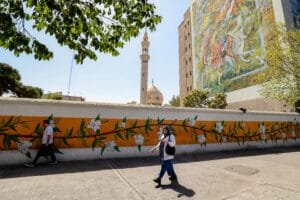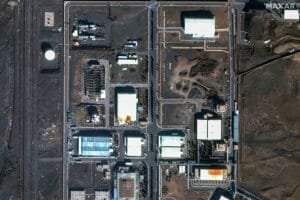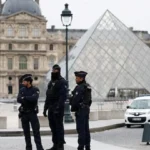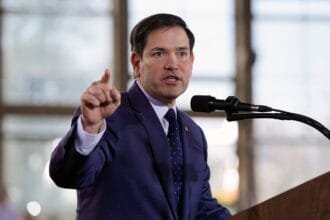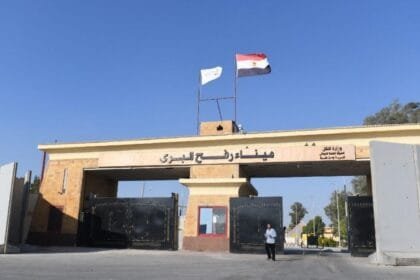Nigeria – Nigerian President Bola Tinubu today announced sweeping changes to the leadership of the armed forces. This comes weeks after the arrest of 16 officers on charges of involvement in an alleged coup plot. This led to the cancellation of the National Day military parade scheduled for October 1.
This move comes amid an escalation in violence in northern Nigeria. This coincides with repeated official denials of any coup attempt within the military establishment, despite the recent arrests sparking widespread controversy and rumors of tensions within the ranks.
Dismissals and appointments to senior positions
According to a statement issued by the Special Adviser to the President on Media and Public Communication, the dismissals included a number of senior commanders. Most notable among them were General Christopher Musa, the former Chief of Staff; Admiral Emmanuel Ogalla, Chief of the Navy; and Air Chief Marshal Hassan Abubakar, Chief of the Air Force.
Meanwhile, Tinubu issued decrees appointing General Olufemi Oloyede as the new Chief of Staff, Major General Shuaibu Abbas as the new Army Chief, and Admiral S.K. Anke as the Chief of Naval Staff. He also appointed a new Air Force Commander, while Major General E.B. Ondeinde retained his position as Chief of Defence Intelligence.
A call for “professionalism and discipline”
During the announcement ceremony, President Tinubu called on the new commanders to demonstrate professionalism and discipline. He also urged them to enhance cohesion and vigilance within the armed forces, stressing that current security challenges require strong and unified leadership.
Implications of change
Although the military has denied any coup plot, observers believe the sudden changes may reflect presidential dissatisfaction with the performance of previous leaders, particularly given the failure to curb the escalation of armed attacks in the north and growing fears of the spread of extremist groups.
Analysts believe these decisions represent a strategic restructuring aimed at restoring public confidence in the military establishment and reasserting the authority of civilian leadership over the armed forces. This comes at a time when Nigeria is undergoing a critical period of security and political transformation.






